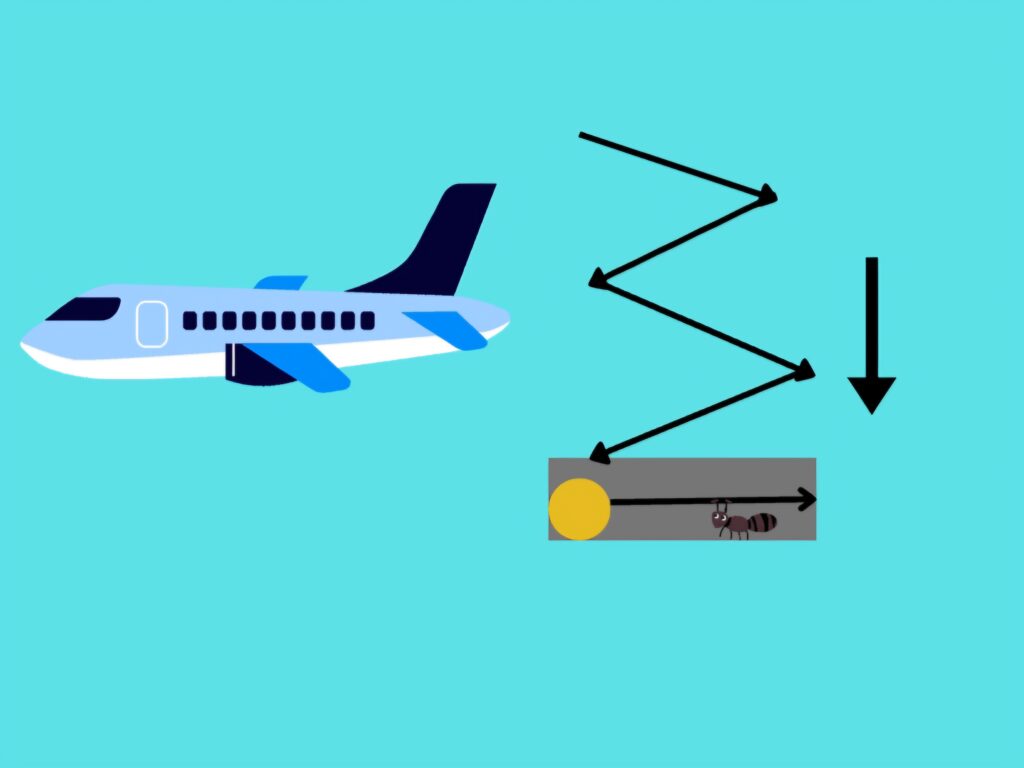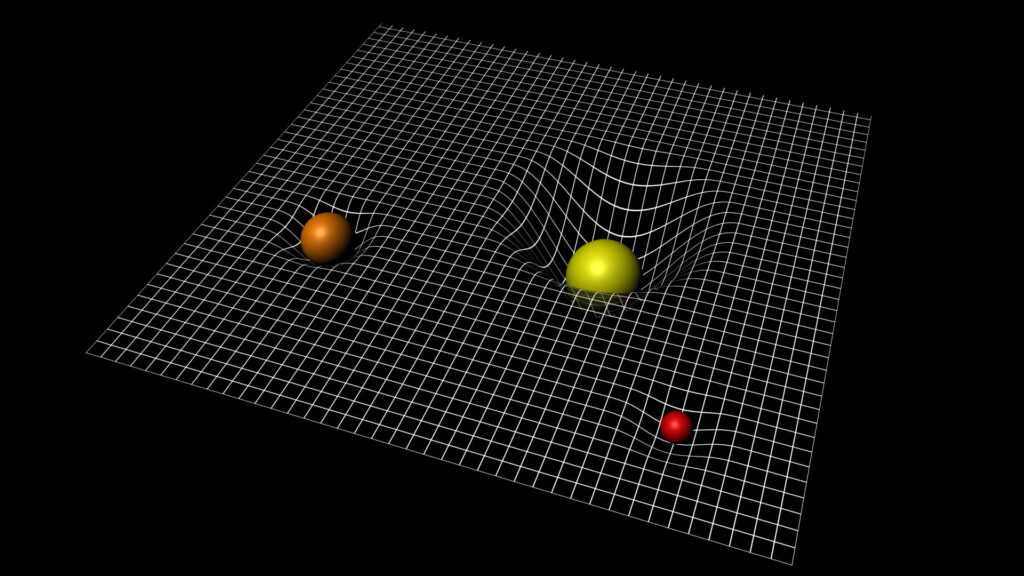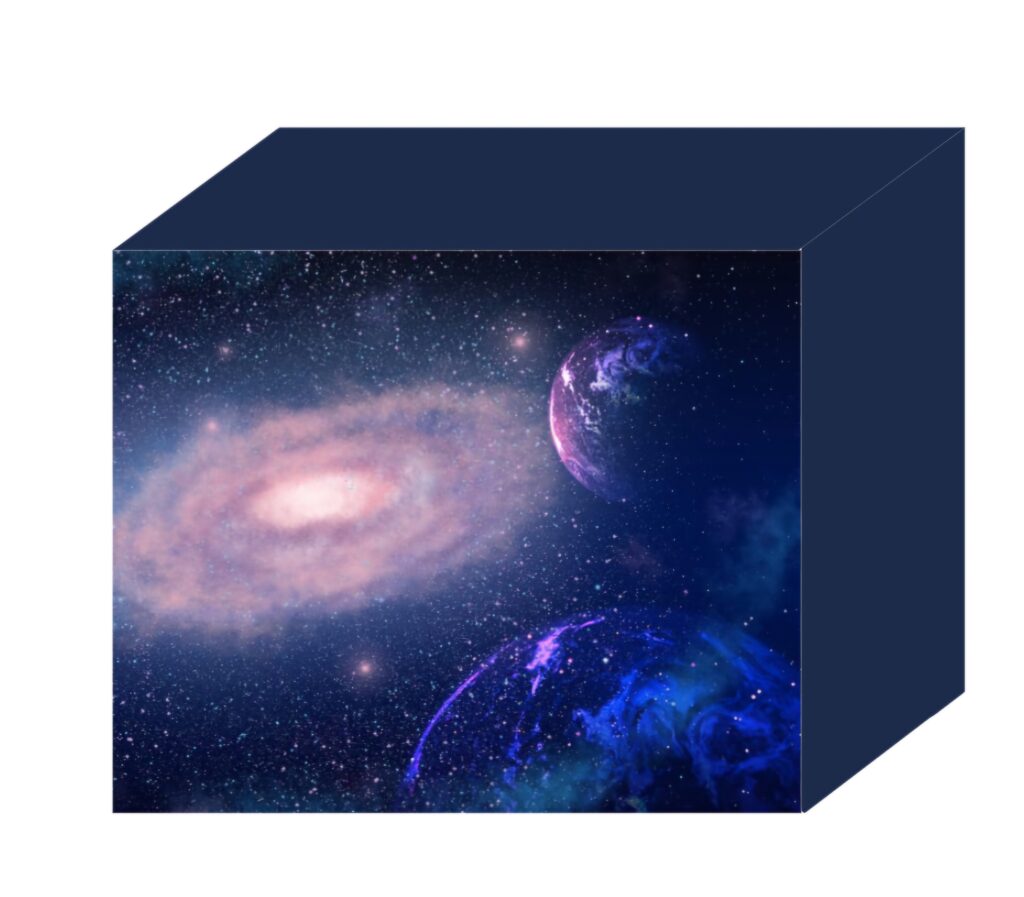Is future predetermined
The question of whether the future is predetermined or if we can shape our destiny through free will is highly debatable. while Eastern philosophy suggests that time and the universe are mere illusions, scientific reasoning demands that we examine this issue through the principles of logic and validity. but before diving into the debate, we must first define time.
What is time
Time is the continuous progression of events from the past to the present into the future. Time never goes backward, that is not possible. You can not go back to the time you were born, so while so many fascinating and intriguing science fictions of going back in time, meeting dead people and “fixing” things seem highly entertaining, the consensus among physicists is that, we can’t travel back in the past.

Why can’t we travel back in the past
It violates the second law of thermodynamics, which states that entropy of an isolated system (for example, the whole universe) always increases with time; the final entropy will always be greater than the initial entropy. Now, what is entropy? This is disorderliness. When ice melts into water, the disorderliness of water molecules increases, means the entropy increases. While in case of open and closed systems entropy may decrease (for example if we freeze water), this is impossible for an isolated system like universe. If we travel back in time, we are going back to the state of universe when its entropy was less, which simply violates the fundamental rules of physics.

Is time real
What is real is based on whether it is measurable and observable. Time is both measurable and observable. But, time is relative. In which “speed” time is passing depends on the one who is measuring it, while it is true, that doesn’t make time an “illusion”. If that was the case, we could even say being stationary or being in motion is an illusion. They aren’t, they are relative sure, but not an illusion.
Theory of relativity and space-time
Albert Einstein’s theory of relativity states that the laws of physics are to be determined with respect to the frame of reference, for example, for a stationary observer, a train travels at a 50km/h speed, for an observer inside that train, the train is perceived as stationary, for an observer inside another train running the same direction as the previous train at a 30km/h speed, the speed of that train is 20 km/h. While all these are true, the speed of light in the vacuum is same for all observers, irrespective of the frame of reference. Now this is where the fun begins. To maintain the same speed of light for a stationary observer and another observer inside a train travelling at a speed of 50km/h, the time for the latter has to slow down. And this is exactly what happens. The faster you move through space, the slower you move through time.
Gravitational force and time

Now, let’s consider a photon particle moves horizontally inside a box. The time it takes to move from one wall to the opposite is 1 sec. Let’s drop it from a mountain peak. For an ant inside the box the photon is moving at a linear motion, but for an observer inside a plane, the motion is zigzag, downwards, basically triangular.With basic geometry the sides of the zigzag pattern are going to be longer than the line that the ant sees. To keep the speed of the light constant for all observers regardless of frame of reference, the duration of one second will have to be longer- for the observer inside the plane and another observer standing on the ground. As the box approaches the ground, the gravitational pull causes it to speed up and consequently the sides of the zigzag pattern get longer, and time gets slower. The stronger the gravitational pull, the slower is the time!
Space-time
Space-time is “a concept that puts together space and time to establish a four-dimensional continuous entity”. Space-time is a mathematical model that is warped by mass and determines how the mass moves.
As we observe different distances in the universe, we see objects at different times because light takes time to travel. The farther away an object is, the older the light we see from it. When we look at a star 1 billion light-years away, we are looking at how that star was 1 billion light-years ago.

The block universe
It is a concept that the past, the present and the future all exist simultaneously in the four dimensional space-time, or the block universe. According to this theory the universe isn’t a book where we wrote our past and is continuously writing our own future. It’s more like a page where the past, the present and the future all of them exist together. “The present” is relative, so is “the past” and “the future”. And, there are millions of “now” all over the universe. The block universe supports the idea that the future is predetermined. While philosophically it’s an amazing and thought-provoking theory that makes your hair stand, it’s not really supported by science yet. The fact that we aren’t able to observe or calculate the “future” precisely contradicts the theory of the block universe.

The quantum mechanics contradicts the block universe
According to Heisenberg uncertainty principle, the product of uncertainty in position of a particle (for example an electron) and uncertainty in momentum of that particle (product of velocity and mass) is equal to a constant value. We can’t accurately determine both of them simultaneously which means, the more we want to accurately measure the velocity of an electron, the more inaccurate we are going to be about its position and vice versa. According to schrodinger’s theory of probability, the probability that a particle will arrive at a, starting from the source s, can be represented quantitatively by the absolute square of probability amplitude— where the probability amplitude is a quantity that changes with time and space. The quantum world is unpredictable. While we can calculate the probability of different things happening, we can’t accurately predict all occurrences. This makes the block universe complicated. Many important events like genetic mutation which is the basis of evolution, which occur in the quantum world, can not, ultimately be predicted.

Conclusion
The truth remains unknown. The universe could be fully deterministic, or free will could be real. What we do know is that regardless of the nature of time, we should continue striving for a better future, fulfilling our duties, and making meaningful choices.